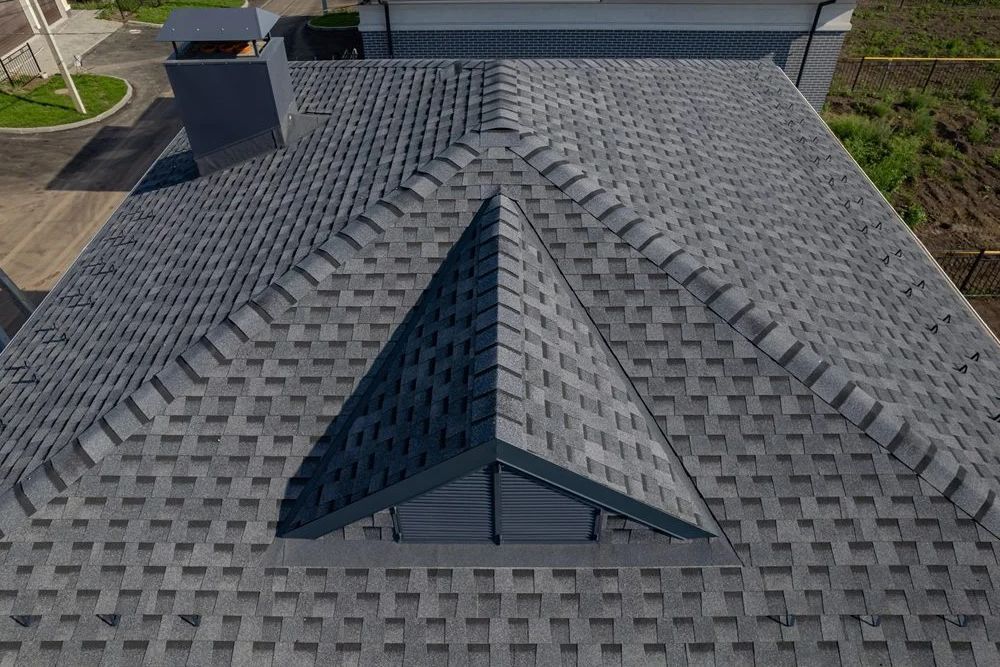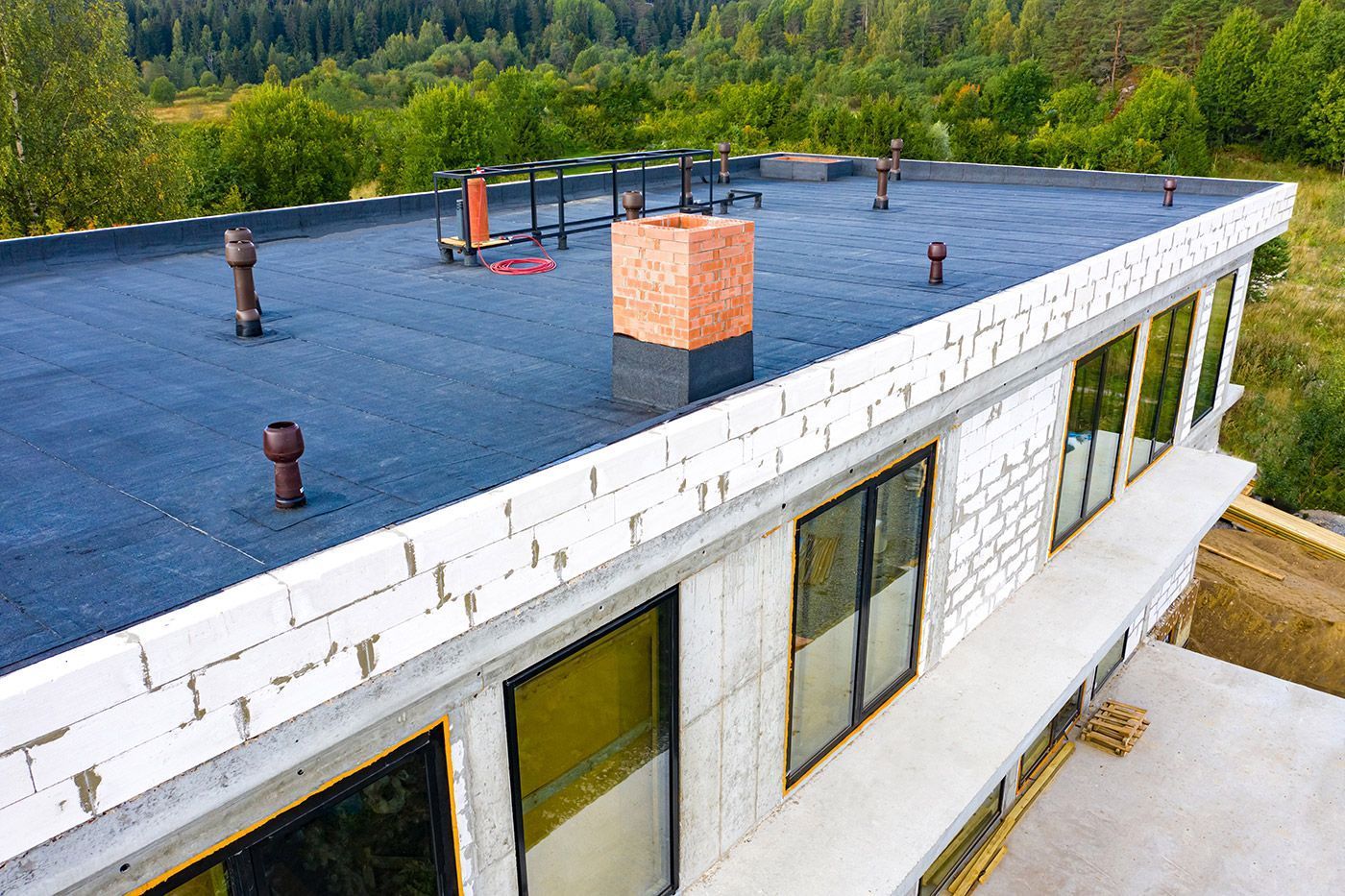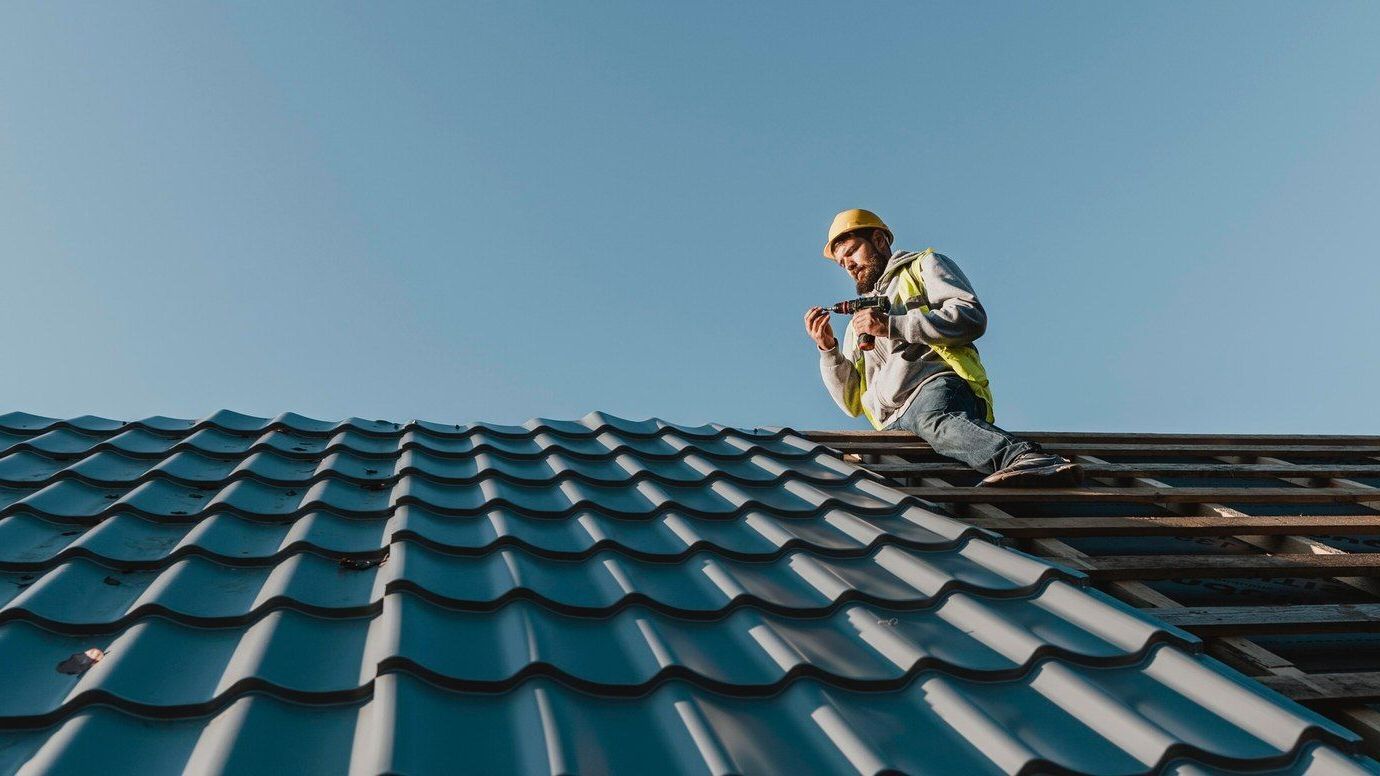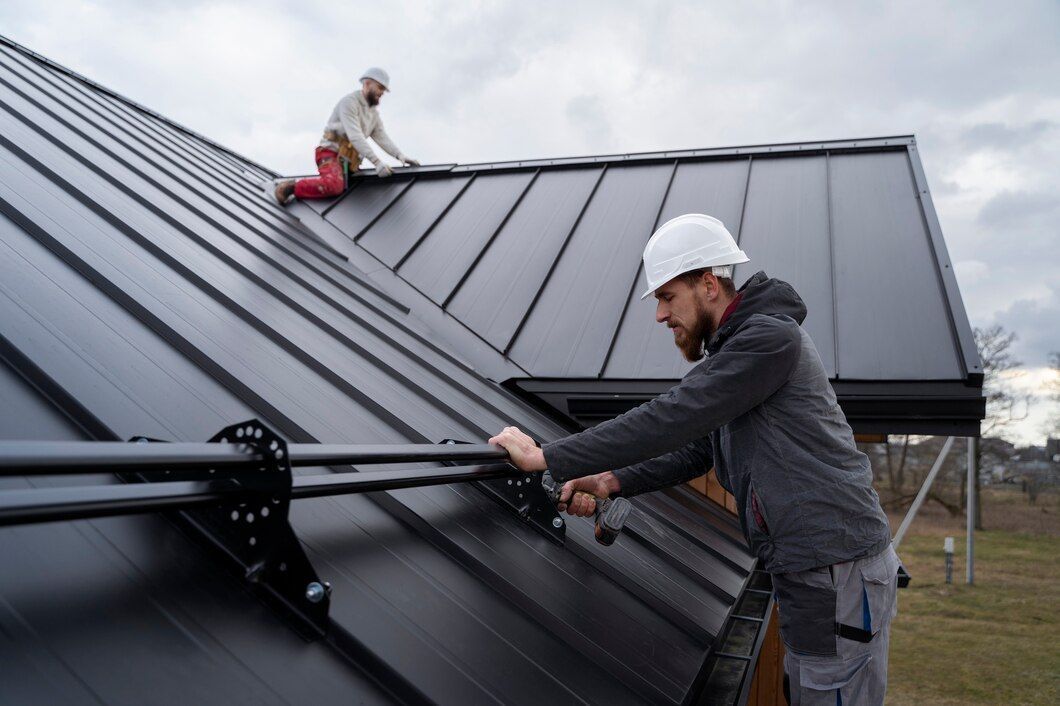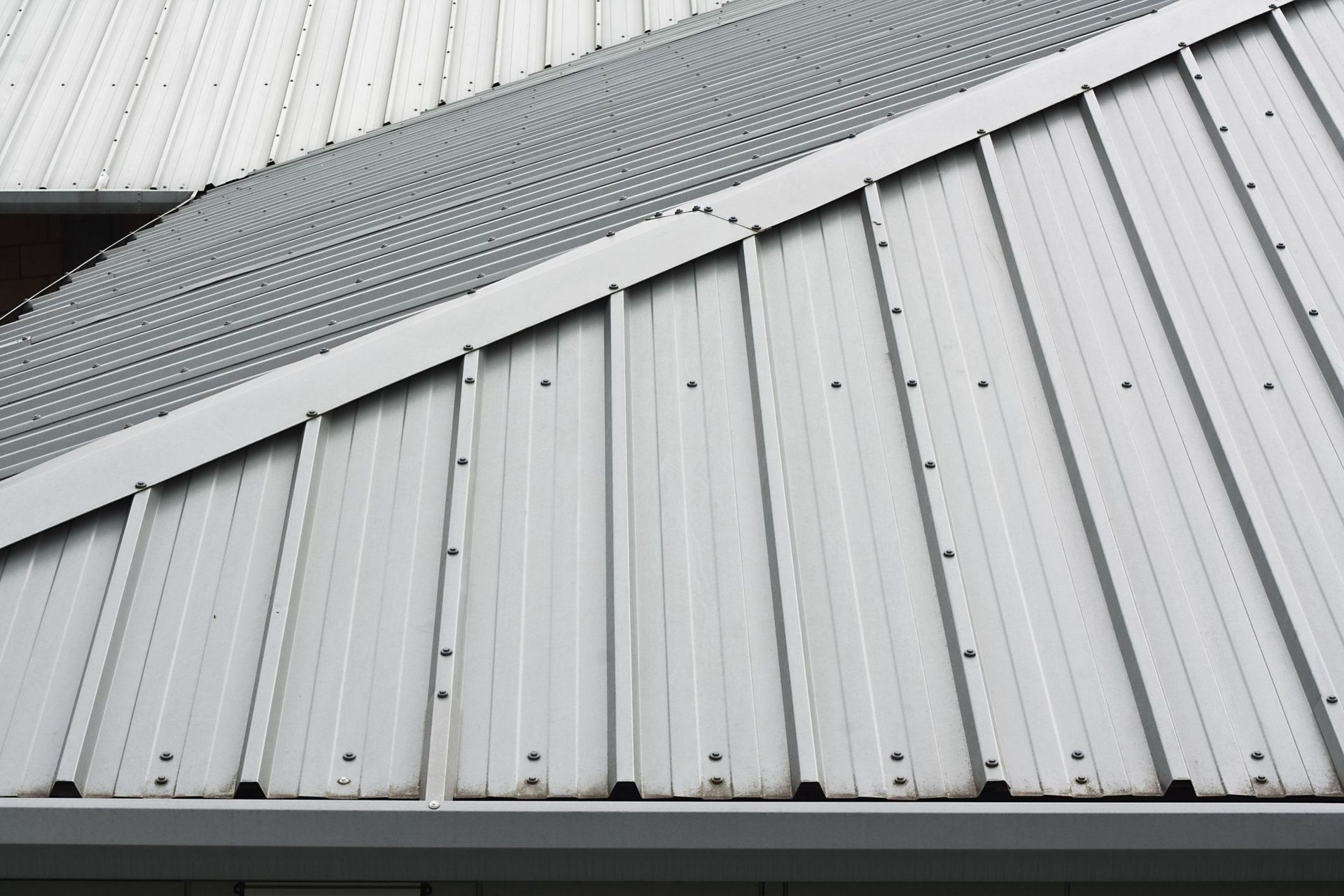What Happens If You Do Roof Without a Permit? Roofing Permits You Need to Know About
When planning a roofing project—whether it’s a full replacement or a leak roof repair—it's crucial to understand the legal requirements for obtaining the necessary permits. Skipping this step can lead to serious penalties, legal complications, and safety risks.
This guide explains the consequences of roofing without a permit and highlights the essential permits needed to ensure your project is both compliant and successful.
What Happens If You Do a Roof Without a Permit?
Proceeding with a roofing project without the required permit can result in several legal and practical issues. If an inspector discovers unpermitted work, you may face hefty fines. Beyond the legal risks, skipping permits can compromise the quality and safety of your roof, leading to potential hazards for your home and its occupants.
Additionally, selling your property could become difficult if unpermitted roofing work is detected. Buyers and inspectors often require proof of permits, and any unauthorized work may need costly corrections. Insurance companies may also deny claims if they find the roof was replaced or repaired without the proper authorization. Overall, not obtaining the necessary permit undermines both legal compliance and the safety of your investment. To avoid these complications, always secure the proper permits before beginning any roofing work.
Are Permits Required for Your Roof Installation or Reroof Project?
If you're planning a new roof installation or a replacement, understanding permit requirements is essential. Most residential and commercial roofing projects require permits to ensure compliance with local regulations. Failing to obtain one could lead to fines, complications when selling the property, or issues with insurance claims.
Before starting any roofing project, verify what permits are required in [city + state]. A roof installed without the necessary approvals may create safety risks and result in costly corrections. Local authorities determine which projects need permits, and while minor repairs may not require one, larger roofing jobs typically do.
Checking with your local building office ensures your project follows regulations and avoids legal trouble. Neglecting permit requirements can jeopardize both the safety and legality of your roofing work. By obtaining the correct permits, you protect your home and avoid unnecessary setbacks.
Do You Need a Roofing Permit to Replace Your Roof?
If you're replacing your roof, it's important to determine whether a permit is required. Many areas mandate permits to ensure roofing work meets local building codes. Failing to obtain the proper authorization can result in fines, delays, or the need to redo the project.
The necessity of a permit often depends on the type of materials used and the scope of the replacement. Permit requirements can vary by location, so it’s important to check with local authorities in [city + state]. Roofing permits help ensure that work is completed safely and to code, preventing potential structural issues.
Without a permit, you risk fines or having to remove and redo the roofing work, leading to unnecessary expenses. Consulting with a professional roofer and local officials before starting ensures compliance and safeguards your investment. Understanding these regulations from the start helps prevent costly mistakes and ensures your roof replacement is done correctly.
Replacing Your Roof Without a Permit: What You Need to Know
Replacing a roof is a significant home improvement project that some homeowners may attempt on their own. However, proceeding with a roof replacement without the proper permit can lead to legal and financial consequences. So, what happens if you install a new roof without a permit?
First, local authorities may impose fines and penalties if the work is discovered. Additionally, if the installation fails to meet building codes, you could be required to redo the project after an inspection—resulting in wasted time and added expenses. Unpermitted roofing work may also void home insurance claims related to roof damage, leaving you financially unprotected in the event of issues.
If you ever decide to sell your home, the absence of required roofing permits can complicate the sale process, potentially reducing your property’s value. To avoid these risks, it’s crucial to check your local regulations and obtain the necessary permits before starting any roofing project. While a DIY approach might seem cost-effective, the risks of unpermitted work far outweigh the potential savings. Always confirm whether a permit is needed before beginning a reroof project to prevent costly setbacks.
Steps in a Roof Installation and When Permits Are Required
Knowing the key steps of a roof installation and understanding when permits are required is essential for any residential roofing project. The process begins with assessing the roof's condition and gathering the necessary materials. At this stage, it's critical to review local building codes to determine whether a permit is required. Skipping this step can result in fines and legal complications later on.
Permit requirements depend on the scope of work and location. Major roofing projects, such as full replacements, typically require permits, while minor repairs might not. Once the necessary permits are secured, the installation process begins, involving the removal of the old roof and the placement of new materials. Throughout the project, safety and building standards must be followed.
In some cases, a final inspection is required to confirm that the roofing work meets all local building codes. Taking these steps seriously helps ensure a smooth installation process and prevents legal issues. Understanding when a permit is required is just as important as the construction work itself, so always verify permit needs before starting your roofing project.
Professional Roof Installation for Your Home and Siding Needs
Knowing the key steps of a roof installation and understanding when permits are required is essential for any residential roofing project. The process begins with assessing the roof's condition and gathering the necessary materials. At this stage, it's critical to review local building codes to determine whether a permit is required. Skipping this step can result in fines and legal complications later on.
Permit requirements depend on the scope of work and location. Major roofing projects, such as full replacements, typically require permits, while minor repairs might not. Once the necessary permits are secured, the installation process begins, involving the removal of the old roof and the placement of new materials. Throughout the project, safety and building standards must be followed.
In some cases, a final inspection is required to confirm that the roofing work meets all local building codes. Taking these steps seriously helps ensure a smooth installation process and prevents legal issues. Understanding when a permit is required is just as important as the construction work itself, so always verify permit needs before starting your roofing project.
Professional Roof Installation: Key Considerations
When preparing for a professional roof installation, it’s essential to understand all necessary requirements. A properly installed roof not only boosts your home’s visual appeal but also strengthens its structural integrity. Adhering to permit regulations is a crucial step in the process. Whether you’re replacing an old roof or installing a new one, following local building codes helps prevent costly legal and financial complications.
In addition to roofing, well-installed siding enhances both the functionality and aesthetics of your home. Hiring qualified roofing professionals ensures that your roofing and siding projects comply with all necessary regulations. Attempting a DIY roof replacement without obtaining the proper permits can void your home insurance and reduce your property’s market value.
To ensure a smooth, legally compliant roofing project, work with experienced professionals who understand permit requirements in [city + state]. A properly executed roof installation that meets local building codes safeguards your investment and provides lasting protection for your home.
Finding Your Local Roofing Permit Information
Understanding local roofing permit requirements is essential to ensuring your project complies with all legal regulations. Permit rules can vary by county and location, so it’s important to determine what’s needed in your area. A great starting point is checking your local building department’s website, which typically provides detailed information on the permits required for roofing work. This includes necessary documentation, associated fees, and any required inspections.
If you’re considering working on your roof without a permit, be aware of potential risks such as fines or project delays. Permit requirements differ depending on whether the project involves a residential or commercial property. If you need further clarification, reaching out directly to your county office can provide the most accurate and up-to-date permit details.
Keep in mind that permits may be required for both new roof installations and replacements. While professional roofers typically handle the permit process, homeowners taking the DIY route should thoroughly research local requirements. Failing to secure the necessary permits can lead to legal complications, delays, or penalties. Staying informed will help you avoid unnecessary setbacks and ensure a smooth, compliant roofing project.
Q: What are the consequences of performing roofing work without a permit?
A: Carrying out roofing work without the proper permits can result in serious penalties, including hefty fines from local authorities. It may also lead to legal complications and create unsafe conditions that jeopardize your home's structural integrity. Additionally, not obtaining a permit can make it difficult to sell your property in the future and may void your home insurance coverage.
Q: Why is it important to secure roofing permits?
A: Roofing permits are necessary to ensure that all work meets local building codes and regulations. These permits help maintain the safety and durability of your roof while preventing potential legal and financial issues. Securing a permit also ensures that your project complies with industry standards, protecting your investment in the long run.
Q: How does unpermitted roofing work affect home insurance?
A: Unpermitted roofing work can have serious consequences for your home insurance. Many insurance providers refuse to cover claims if they determine that roofing work was done without the required permits. This could leave you financially responsible for any damages or repairs related to the roof.
Q: What types of roofing projects usually require permits?
A: Major roofing projects—such as full roof replacements or new roof installations—typically require permits. However, the specific requirements vary by location, and minor repairs may not need one. To avoid issues, it’s best to check with your local building office to determine the exact permit requirements for your roofing project.
Q: How can I find out which permits are required for my roofing project?
A: To determine the necessary permits, visit your local building department’s website or contact them directly. They can provide details on the required paperwork, fees, and inspections. Consulting with local authorities or a professional roofer ensures your project follows local building codes, preventing potential legal or financial complications.
OUR RECENT ARTICLES
